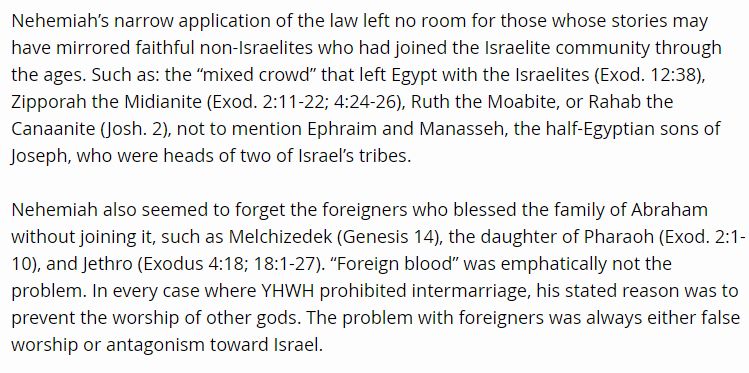I hope you won’t mind if I weigh in on this question – it’s an issue that’s near and dear to my heart.
Inspiration is a difficult, difficult topic which science has done little to help with (though science could be doing a lot more to help than researchers realize).
First, full confession. I’m a practising Christian mystic (using Bernard McGinn’s definition of mysticism), and I take the neuroscience of mysticism very, very seriously. You might think that because I’m a mystic, I’m inclined to go easy on those who make claims about inspiration. But, in fact, it’s the opposite. I have zero patience for anyone who presents unsubstantiated claims of revelation, inspiration, prophecy, or “The Right to Be Right.”
It’s really hard work to get your brain balanced enough to be able to reliably pick up messages from God or God’s angels (sorry, I believe in angels), let alone be able to understand such messages within the context from which they’re being delivered, so to speak. To be able to do it voluntarily, on a free will basis, you have to look after your biological brain as if it’s the fussiest, most demanding “smartphone receiver” on the planet. (So no alcohol, no psychotropics, no still-point meditation, no feeling sorry for yourself, no attempts at prophesying, no second-guessing what the evidence supports, and humbly accepting that you can’t go out in the evenings as a general rule because you need more sleep and contemplative time than most other people.)
It’s not good enough to be able to pick up messages, though. It usually takes me about 5 minutes to get a major insight from Mother Father God, and then another 5 years going through research papers, online conversations, trips through Nature, and generally paying attention to the patterns around me to be able to say with some reasonable measure of confidence that I may possibly be okay trusting what I first heard (while always being mindful of the scientific reality that the biological brain has so many biological limits and constraints that it’s a very poor receiver of messages from the Divine – even if you don’t have a history of major mental illness, which would complicate matters a hundredfold).
Having said that, I also know perfectly well, based on many years of observation, that if God really wants to get a message through, God will get a message through (biological constraints notwithstanding).
And that’s what inspiration is, in my view.
When you put inspiration on the same page with solid research (pun intended), you get a much clearer picture of what God is saying to us in the present than you would get by using either contemplative work or academic research alone. One speaks to the Heart, the other speaks to the Mind.
This is reflected in the Dual Process Theory of how the human brain operates. This theory goes by different names, and there are differences of opinion about which brain processes fall within System 1 and which brain processes fall within System 2. The general idea, though, is that if you really want to speed up your brain’s ability to sense God’s presence in your life (because you can’t bypass your brain in all this), you have to balance both Heart and Mind, System 1 and System 2 as best you can in your daily life. Perfection isn’t required, but a sense of humour is indispensable.
One more important thing I’ve learned over the years . . . there is almost nothing God can’t use to communicate a message to you as an individual. God seems to be the Great Recycler of movies and books and trips to the doctor and the food that’s in your fridge. God creates “conversation starters” everywhere.
